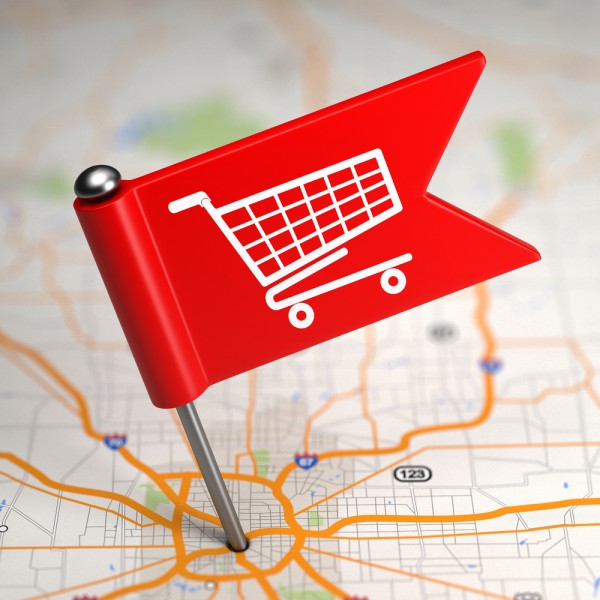Consumers want personalized offers but don't want to share data

Consumers love getting personal, timely and relevant offers from retailers but they don't like having to share the data that makes them possible.
This is one of the main findings of new research by predictive marketing and consumer intelligence specialist Boxever. Of 507 consumers surveyed more than 60 percent indicated they prefer offers that are targeted to where they are and what they are doing, but 62 percent said that they don't want retailers tracking their location.
"Retailers are losing consumer trust for failing to effectively leverage personal data; it's negatively affecting the customer experience and retailers' ability to market and sell effectively," says Dave O'Flanagan, co-founder and CEO of Boxever. "While today's consumers crave a personalized, value-added shopping experience, they're unlikely to continue sharing personal data because they aren't seeing enough value from the data that retailers already collect".
The survey also finds that for more than half of consumers, three out of four sales offers received are irrelevant to their needs and preferences. This means that millions of consumers are being spammed daily, an ineffective communication strategy that can have a negative impact on future sales and customer loyalty.
When consumers experience this type of marketing 40 percent say they're less likely to buy from that company in future, 50 percent are less likely to open the next offer that comes from that company, 59 percent said they would unsubscribe from the company's content, and 31 percent would delete the company's app.
The three most-preferred channels for receiving offers and communications are email, in-store, and direct mail, with email being far-and-away the most popular platform. A mere two percent of survey respondents identified mobile as their preferred channel for receiving offers and communications, and only four percent prefer social media. Those preferences change slightly for millennials, who prefer mobile twice as much as the general population, and who are nearly three times as likely to prefer offers on social media.
When asked what factors influence them to buy or act on an offer, 70 percent say when the offer adds value to something they are already doing or plan to do, 42 percent when the offer revisits a product or event that they've expressed interest in before, and 21 percent when the offer is targeted to what they are doing at that moment.
"The days of personalizing offers based on high-level demographics are long gone, and continuing along this path will actually hurt, not help brands," says O'Flanagan. "Brands need complete visibility into the preferences of every customer, and the ability to integrate contextual customer intelligence and value into each marketing offer sent".
The full report The Data-Sharing Disconnect: The Impact of Consumer Trust and Relevance in Retail Marketing is available to download from Boxever's website and there’s a summary of the findings in infographic form below.

Image Credit: Tashatuvango / Shutterstock